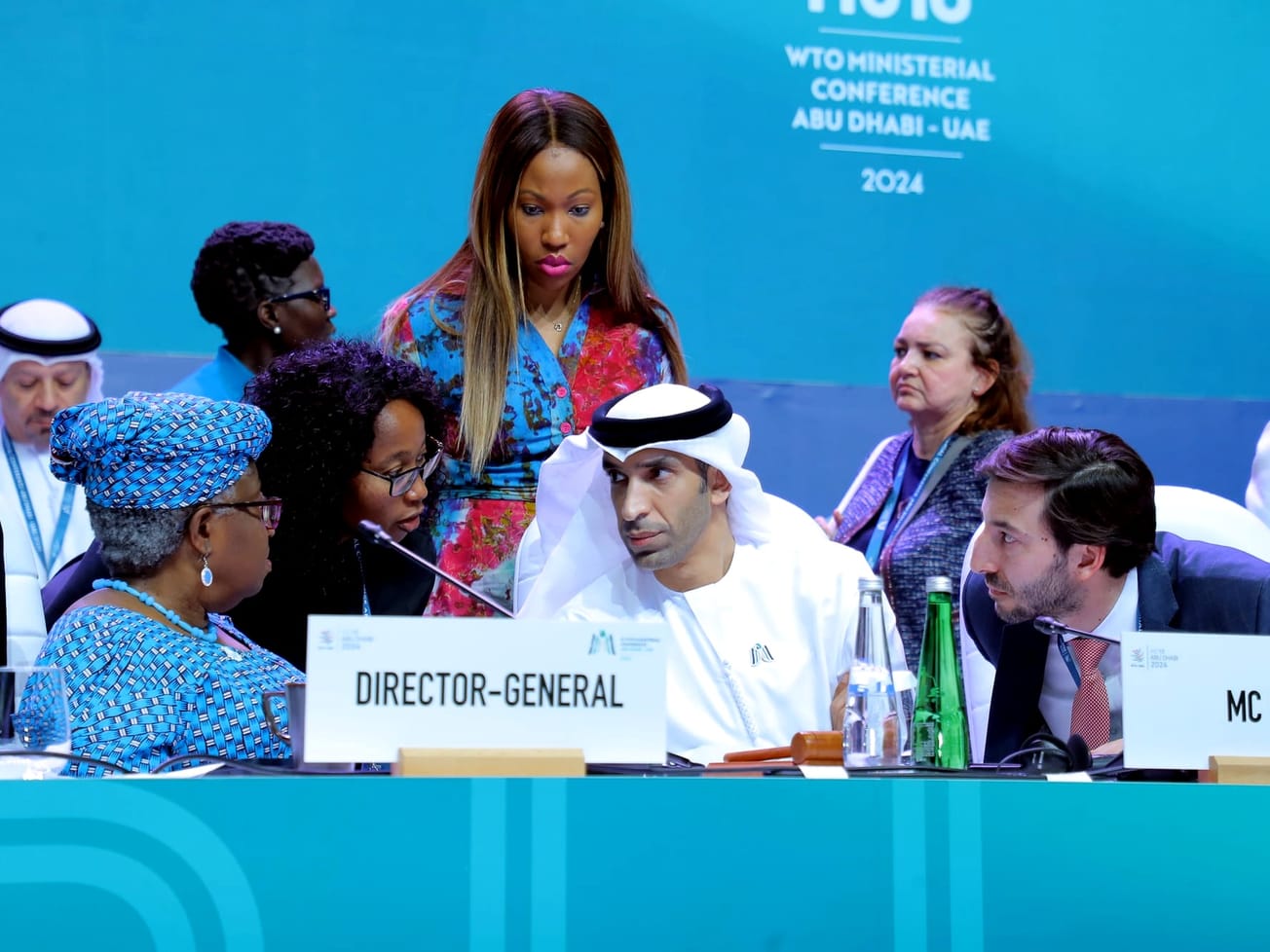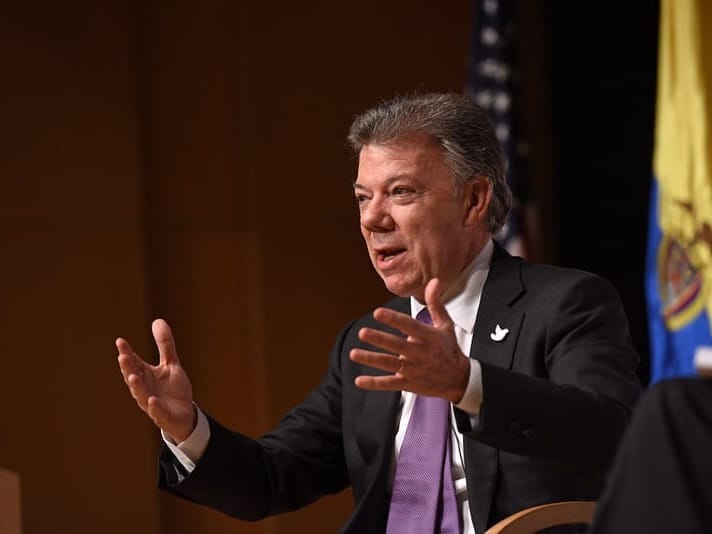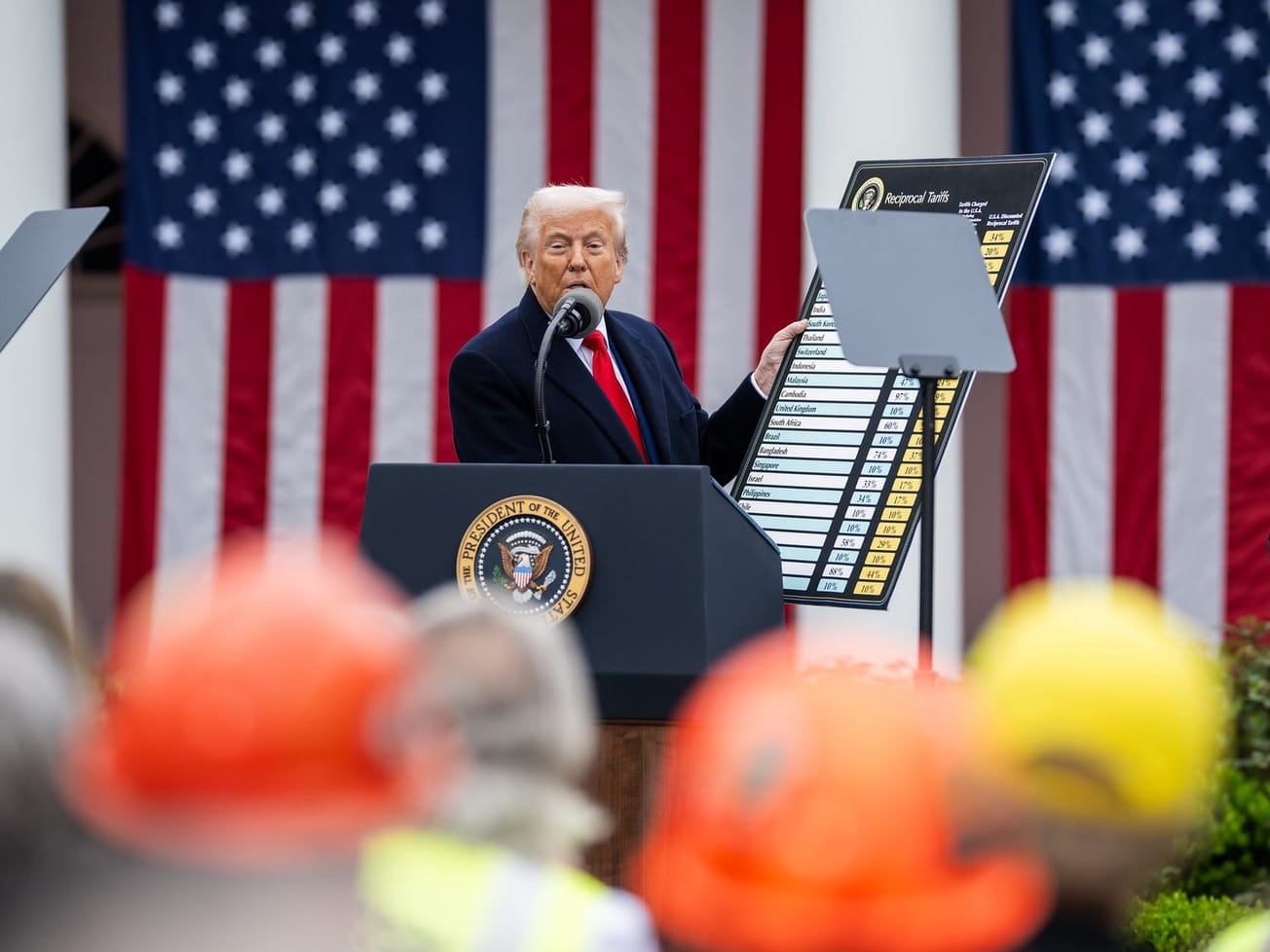Negotiators came away from a World Trade Organization conference of government ministers without advancing a single major initiative, aside from renewing a longtime moratorium on digital media taxes.
Despite prolonging its 13th Ministerial Conference, hosted by the United Arab Emirates, for an extra day, WTO concluded its weeklong gathering in Abu Dhabi on Saturday after failing to reach any consensus on fishing subsidies, agricultural reforms, and other major trading issues.








